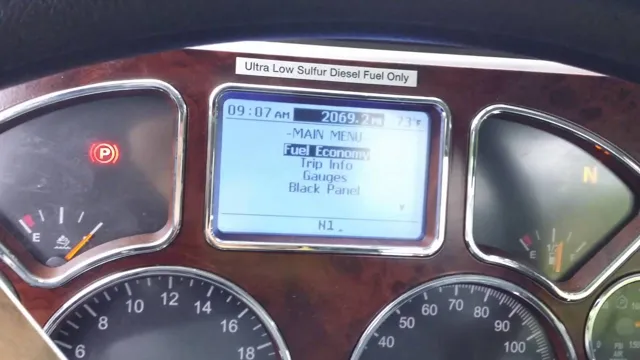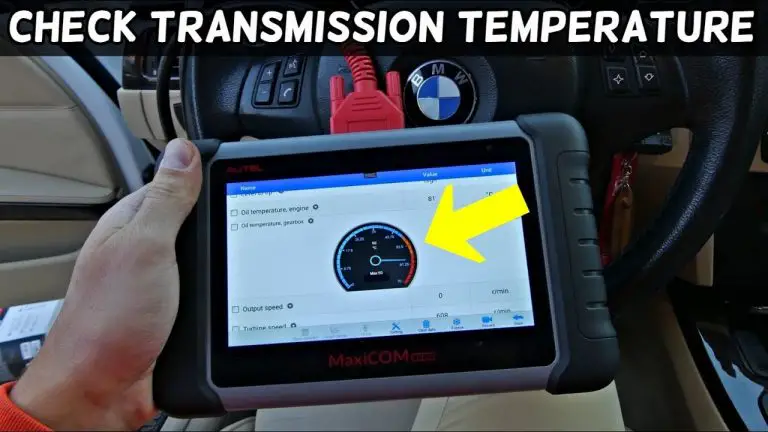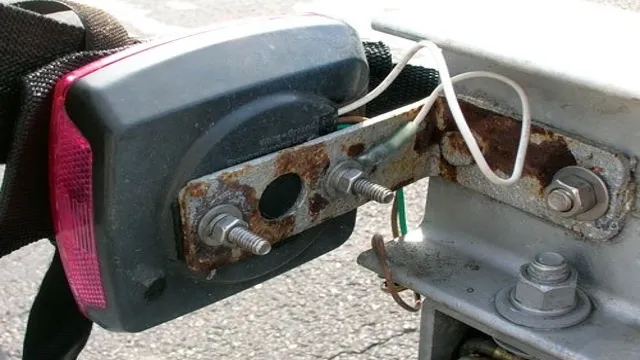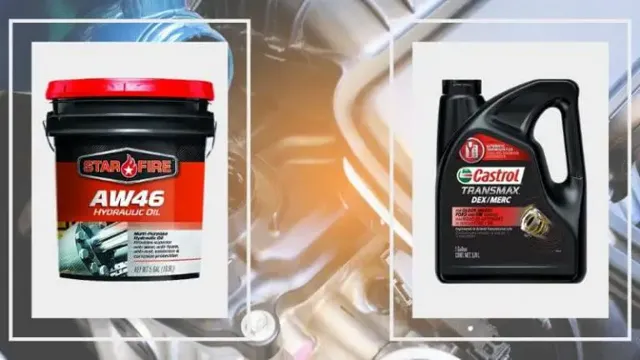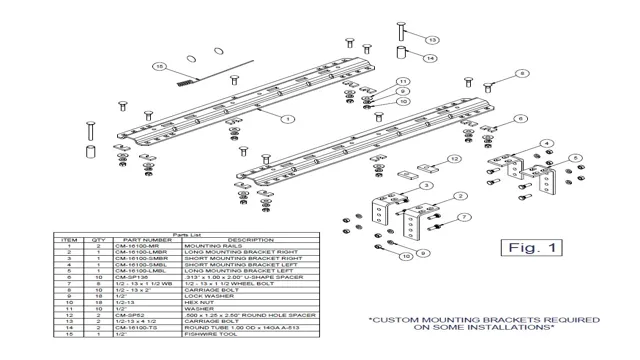How to Tell If Pitman Arm is Bad: Key Signs & Fixes
Are you experiencing loose or unresponsive steering? Do you hear clunking or popping noises when turning your vehicle? These could be signs of a failing pitman arm. The pitman arm is a crucial component of your vehicle’s steering system, and it’s important to recognize the symptoms of a bad pitman arm so that you can address the issue promptly.
Signs of a Bad Pitman Arm
Here are some common signs that may indicate a bad pitman arm:
- Loose or unresponsive steering
- Vehicle wandering
- Clunking or popping noises when turning
If you notice any of these symptoms, it’s essential to inspect your pitman arm to determine if it needs to be replaced. Driving with a bad pitman arm can be unsafe and may lead to further damage to your vehicle’s steering system.

Credit: m.youtube.com
How to Inspect a Pitman Arm
Inspecting your pitman arm for signs of wear and damage is relatively straightforward. Here are some steps you can take to determine if your pitman arm is bad:
| Inspection Step | Description |
|---|---|
| Check for Looseness at the Pivot Point | Examine the pivot point of the pitman arm for any looseness or excessive play. |
| Check for Side to Side Movement | Apply pressure to the pitman arm to check for any side-to-side movement. |
| Check the Components Under Load | Inspect the pitman arm and associated components while the vehicle is under load to assess their stability. |
By performing these simple inspections, you can gain valuable insight into the condition of your pitman arm and determine if it needs to be replaced.
Can a Bad Pitman Arm Cause Shaking?
It’s important to note that a bad pitman arm can result in shaking or vibration in your vehicle. Worn steering components such as pitman arms, idler arms, and center links can lead to side-to-side motion, known as shimmy, and up-and-down movement, known as shake. If you experience these symptoms while driving, it’s crucial to address the issue promptly to ensure safe and reliable vehicle operation.
Diagnosing a Bad Pitman Arm
If you’re unsure whether your pitman arm is in need of replacement, consider seeking professional assistance. A qualified mechanic can perform a comprehensive inspection of your vehicle’s steering system and provide expert guidance on the best course of action to address any issues with the pitman arm or related components.

Credit: www.carparts.com
Frequently Asked Questions
How Do You Inspect A Pitman Arm?
Inspecting a pitman arm involves checking for looseness and side-to-side movement at the pivot point. Additionally, you should examine the components under load to ensure proper functionality. This process can help determine if a new pitman arm is needed.
How Do I Know If I Need A New Pitman Arm?
Inspect the pitman arm for looseness, side-to-side movement, and under load conditions. Signs include loose steering, wandering vehicle, and noises when turning.
How To Know If An Idler Arm Is Bad?
Inspecting a bad idler arm: Check for looseness or side-to-side movement, and examine components under load. Symptoms include loose steering, vehicle wandering, and clunking noises when turning. It’s unsafe to drive with a failing idler arm.
Can A Bad Pitman Arm Cause Shaking?
A bad pitman arm can cause shaking due to worn steering parts, leading to side-to-side motion or up-and-down shake.
Conclusion
Recognizing the signs of a bad pitman arm and understanding how to inspect this critical steering component is essential for maintaining the safety and performance of your vehicle. By staying vigilant for symptoms of a failing pitman arm and taking proactive steps to address any issues, you can ensure that your vehicle’s steering system remains in optimal condition.
Remember, if you suspect that your pitman arm is bad, it’s best to consult with a qualified mechanic to determine the appropriate course of action. Addressing steering system issues promptly is crucial for the safety and reliability of your vehicle.

